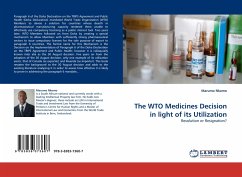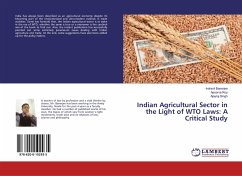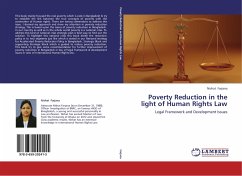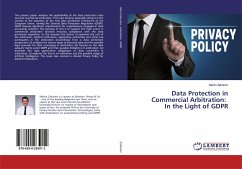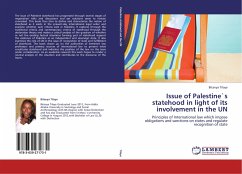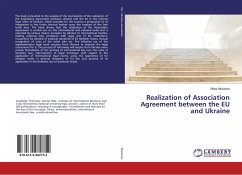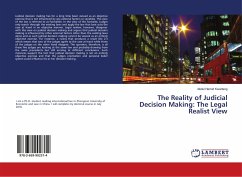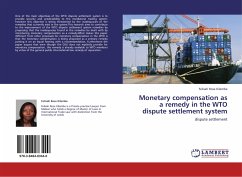Paragraph 6 of the Doha Declaration on the TRIPS Agreement and Public Health (Doha Declaration) mandated World Trade Organization (WTO) Members to devise a solution for countries whose dearth in pharmaceutical manufacturing capacity rendered them unable to effectively use compulsory licensing as a public interest tool. Two years later, WTO Members followed on from Doha by creating a special mechanism to allow Members with sufficiently strong pharmaceutical sectors to issue compulsory licenses for the sole purpose of export to paragraph 6 countries. The formal name for this Mechanism is the Decision on the Implementation of Paragraph 6 of the Doha Declaration on the TRIPS Agreement and Public Health; however it is colloquially known inter alia as the 30 August decision. Five years on from the adoption of the 30 August decision, only one example of its utilization exists, that of Canada (as exporter) and Rwanda (as importer). This book restates the background to the 30 August decision and adds to the existing literature analysing it in order to assess how effective it is likely to prove in addressing the paragraph 6 mandate...
Bitte wählen Sie Ihr Anliegen aus.
Rechnungen
Retourenschein anfordern
Bestellstatus
Storno

